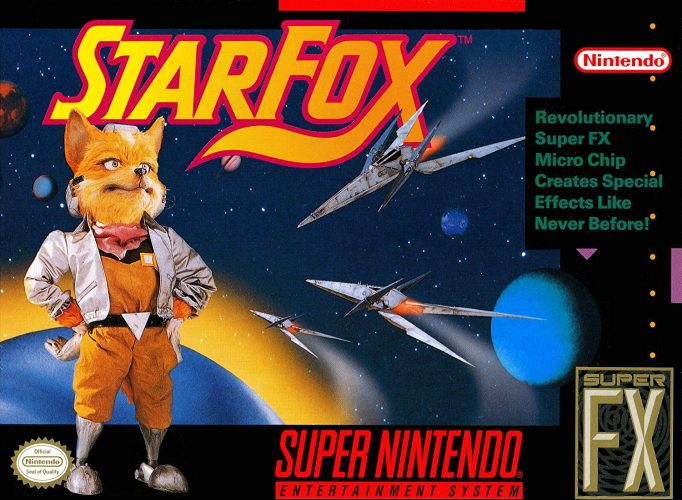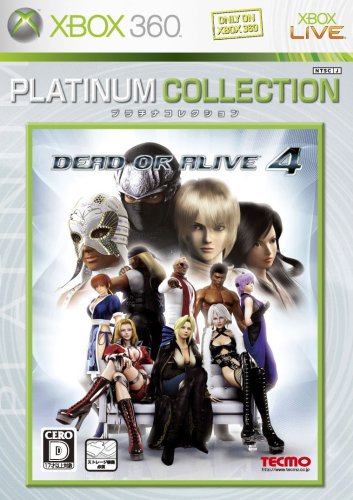
While, as you might expect, Japanese developers from Japan certainly make up the majority of the big players in the country’s world-famous video game industry, quite a few foreigners have made significant contributions as well and, today, that’s who we’re spotlighting! This list is by no means comprehensive but it is, hopefully, still enjoyable or even inspiring for folks who have dreamed of working on Japanese games. Press start, let’s go!
Henk Rogers - The Black Onyx & Bullet-Proof Software
Perhaps no other genre of games is more associated with Japan than RPGs where an entire diverse subgenre of JRPGs has remained a quintessential part of gaming to this day. You might be surprised to learn that one of the first popular and extremely influential Japanese RPGs was in fact developed by a team led by Dutchman Henk Rogers.
That game would be The Black Onyx, a 1984 PC-8801 (a personal computer made by NEC) RPG with heavy influences from earlier Western hits like Wizardry and Ultima III: Exodus. Despite not knowing much of the Japanese language, Rogers’ enthusiasm and familiarity with the genre allowed him, with the help of Japanese collaborators, to release The Black Onyx which not only was a best-seller but largely responsible for bringing RPGs out of niche obscurity in Japan. The game received many ports to other Japanese PCs like the MSX and PC-98 as well as also early game consoles like SEGA’s SG-1000 and Nintendo’s Famicom. The SG-1000 version, in particular, was one of the first projects future Phantasy Star designer Rieko Kodama would work on and the game was reportedly also an early influence on Dragon Quest creator Yuji Horii.
Henk Rogers is also famous for his involvement with Tetris as one of the founders of the Tetris Company (along with original Tetris creator Alexey Pajitnov). Rogers’ Bullet-Proof Software would develop (or co-develop) the majority of Tetris titles to appear on Nintendo platforms, including the NES/Famicom and the extremely popular Game Boy version which was bundled with the system and arguably the main reason for that console’s tremendous early success. While no longer based in Japan, Rogers’ impact on the country’s game industry cannot be ignored and is still felt today. Interestingly enough, he is currently involved in developing green energy technology and researching moon base development in Hawaii.
Dylan Cuthbert - Starfox & Q-Games
A plucky programmer originally from London, Dylan Cuthbert cut his teeth making games on early British computers like the ZX Spectrum and BBC Micro and eventually found his way to Kyoto to work with Nintendo as part of their partnership with Argonaut Software. With Nintendo, Cuthbert was a programmer and the designer of a 3D first-person shooter for the Game Boy called X—which, sadly, was never released outside of Japan—and one of the programmers on Star Fox and the previously unreleased Star Fox 2. All of these games were extremely technically impressive for their times with advanced 3D graphics that pushed the limits of their humble console hardware, in no small part thanks to Cuthbert’s programming skills.
After Nintendo, Cuthbert would move on to work with Sony Computer Entertainment America and later transfer to Sony Computer Entertainment Japan, where he focused on making technical demos used in the development of the PlayStation 2. In 2001, he founded his own studio in Kyoto called Q-Games which has worked with both Sony and Nintendo on titles like DigiDrive (bitGeneration Series), Star Fox Command, Star Fox 64 3D, and Sony’s multi-platform user interface the XrossMediaBar which was used for the PSP and PlayStation 3.
Q-Games still continues making games today including the famous PixelJunk series, The Tomorrow Children, and Eden Obscura Their latest title is the quirky mobile game Sticky Bodies. As a company, they are also notable for having a high percentage of foreign staff making them a popular choice for non-Japanese developers looking to work in Japan. Dylan Cuthbert remains a big part of his company’s productions and also makes frequent appearances at industry events like BitSummit in Kyoto and Google Stadia’s launch.
Andrew Szymanski - Team NINJA, Capcom, and Beyond!
Long enamored by classic Japanese titles like Final Fantasy VI which he first experienced after a friend’s father brought it back to America along with a Super Famicom, Andrew Szymanski became very interested in going to the place these marvelous games came from, leading him to study Japanese at Sophia University in Tokyo. Since graduating, Szymanski has been a part of Japanese game development for years, getting his start as a creative director and localization project manager with Tecmo Koei’s Team NINJA, working on games like Ninja Gaiden Black, Dead or Alive Xtreme 2, Dead or Alive 4, and Ninja Gaiden 2.
After departing from Team NINJA, Szymanski has continued work on numerous other titles as a producer, manager, and project leader on games like Capcom's Strider (2014), Lost Planet 3, and PlatinumGames’ and DeNA’s World of Demons. With no end in sight, Szymanski’s journey from fan to a major player in the industry continues onward as a brilliant success story in bridging cultures through games!
Final Thoughts

As video games have continued to evolve and spread across the world, more and more people of different backgrounds have come together to make incredibly creative and groundbreaking work. Japanese games in particular remain a cornerstone of the industry that continues to inspire millions of fans and developers around the world, in part thanks to foreigners who continue to make a lasting impact. To the people above, and many more, thank you for your cross-cultural contribution to video games!
Is your dream to work in Japanese games? Let us know your own thoughts in the comments section below and be sure to stick around Honey’s for more of all things awesome, video games and otherwise! Until next time, sayonara~!
Recommended Post


